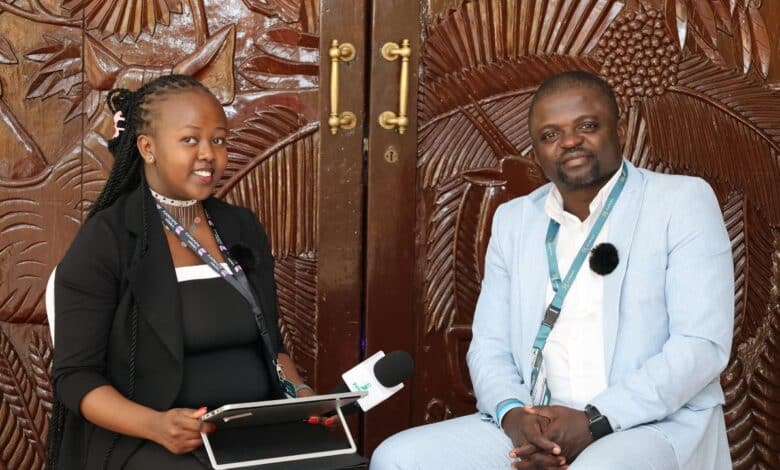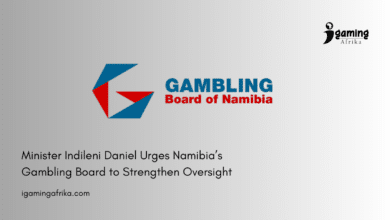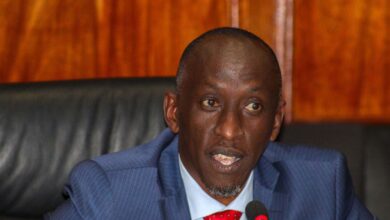Franklin Ngabe on Regulatory Challenges and Progress in Cameroon’s Evolving Gaming Industry

At the second edition of the Gaming Tech Summit Africa, held in Nairobi, Kenya, iGaming AFRIKA sat down with Franklin Ngabe, Attorney at law at Prima Attorneys law Firm, to discuss recent developments in Cameroon’s gaming industry.
One of the major developments in Cameroon’s gaming space has been the implementation of a central monetary payment system for online betting. According to Franklin, this system was introduced by the Ministry of Interior to centralize all mobile money transactions associated with sports betting. While the centralization has improved regulatory control, it has also had economic consequences. The monopoly granted to InTouch has edged out other payment platforms, raising concerns about competition and market fairness. Despite these issues, Franklin confirmed that the system is functioning and achieving its core goals.
Franklin explained that the rationale behind the move was to combat money laundering and the financing of drugs in Cameroon, emphasizing that the government aimed to enhance oversight and transparency in the sector.
In addition to the new payment system, Cameroon has introduced one of the highest entry fees for betting companies in Africa, a staggering 300 million CFA francs, approximately $520,000 USD. This figure stems from a finance bill passed in December 2024, whose implementation began in 2025. Ngabe expressed concern that the high entry fee, combined with additional costs such as the adherence fee and compliance cushion, could deter investment:
“The entry fee is high… It’s going to scare investors. I think it should be revised to an amount that’s more friendly and encouraging for new entrants.” He argued that lowering these financial barriers could attract more operators to the market, ultimately creating jobs and stimulating the local economy.
Read Also: 1XBET Becomes Official Sponsor of Major CAF Tournaments, Boosting African’s Football Global Presence
From a legal standpoint, Cameroon has a robust regulatory framework. The country’s gambling law, enacted in 2015 and applied from 2019, outlines protections for minors, restrictions on gambling outlets near sensitive locations such as schools and hospitals, and guidelines for responsible gaming. However, enforcement remains a significant issue.
“The law has provided for everything already, but the problem is with the implementation of the law, because there is no follow-up. You see, in Cameroon, in every corner of the street, you find a lottery shop, and you can see most of the times minors going to place bets there, which is not correct. So I think in order to cut down this attitude whereby people will not respect the regulation in force, there needs to be a follow-up. There needs to be a strict follow-up to make sure that companies that operate in online betting are in compliance with the rules of law.”
Another significant challenge, according to Ngabe, is the licensing process, which he described as both cumbersome and overly bureaucratic. He acknowledged that thorough documentation is necessary for ensuring compliance and regulatory integrity, but noted that the current system imposes an excessive burden on prospective operators. “The documentation to obtain a license in Cameroon is very cumbersome… very, very cumbersome,” he emphasized, adding that the process can discourage potential investors who are otherwise interested in entering the market.
Ngabe argued that simplifying the application requirements without compromising regulatory standards would not only attract more operators but also help build a more competitive and inclusive gaming industry in Cameroon. By reducing red tape, he believes the country could stimulate innovation, create employment opportunities, and better regulate the rapidly expanding online betting space.























